Breaking News


Popular News

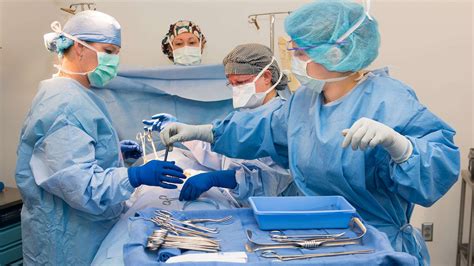
Find out what to look for when comparing surgical tech programs, including accreditation, curriculum, faculty qualifications, clinical training, job placement, and certification rates.Are you considering pursuing a career in surgical technology? With so many programs available, it can be overwhelming to choose the right one. In this blog post, we will be discussing the key factors that you should consider when comparing different surgical tech programs. From accreditation to job placement rates, there are several aspects that can greatly impact the quality of your education and your future career prospects. Understanding what to look for in a surgical tech program can help you make an informed decision and set you up for success in this rapidly growing field. So, whether you’re just starting your research or have already narrowed down your options, keep reading to learn about the important factors to consider when choosing a surgical tech program that’s right for you.
Contents
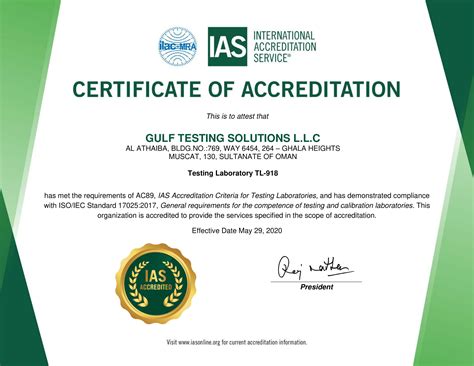
When comparing different surgical tech programs, one of the most important factors to consider is the accreditation of the programs. Accreditation ensures that the program has met certain standards of quality and that it will provide you with the education and training you need to succeed in this field. Look for programs that are accredited by recognized accrediting bodies, such as the Commission on Accreditation of Allied Health Education Programs (CAAHEP) or the Accrediting Bureau of Health Education Schools (ABHES).
It is important to note that attending a program that is not accredited can have negative consequences for your future career prospects. Many employers and certification organizations require that you have graduated from an accredited program in order to be eligible for employment or certification.
Additionally, attending an accredited program ensures that you will be eligible to take the Certified Surgical Technologist (CST) exam, which is necessary for becoming certified in this field. Without completing an accredited program, you may not be able to sit for the exam and obtain this important credential.
Before enrolling in a surgical tech program, make sure to check the accreditation status of the program and verify that it meets the necessary standards for quality education and training in this field.
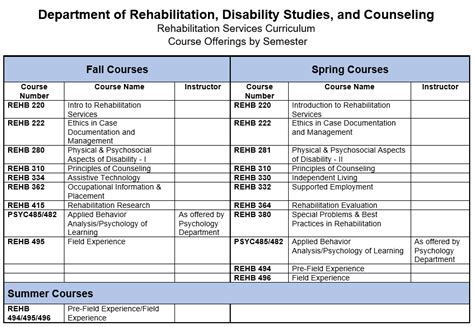
When comparing different surgical tech programs, curriculum and course offerings are one of the most important factors to consider. It’s essential to look for a program that offers a comprehensive curriculum that covers all aspects of surgical technology, including anatomy, medical terminology, surgical procedures, and patient care. Additionally, the program should provide hands-on training opportunities in a clinical setting to ensure students are well-prepared for their future careers.
Another key aspect to consider is the availability of advanced courses in specialized areas such as minimally invasive surgery, robotics, and orthopedics. These courses can provide students with the knowledge and skills necessary to excel in specific surgical specialties, making them more competitive in the job market.
One way to compare the curriculum and course offerings of different programs is to look at the course catalog or syllabus for each program. This will give you a detailed overview of the topics covered in each course, as well as the practical experiences and clinical rotations offered. Additionally, you can research the qualifications and experience of the faculty members who teach these courses to ensure you’ll be learning from knowledgeable and experienced professionals.
| Key Points | Considerations |
|---|---|
| Comprehensive Curriculum | Anatomy, medical terminology, surgical procedures, patient care |
| Advanced Courses | Minimally invasive surgery, robotics, orthopedics |
| Course Catalog | Review course topics, practical experiences, and faculty qualifications |
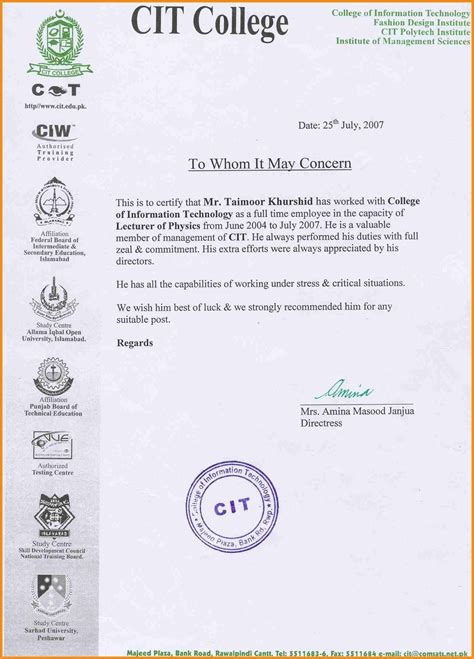
When comparing different surgical tech programs, it’s crucial to consider the faculty qualifications and experience. The instructors play a significant role in shaping the education and training received by the students. It’s important to look for programs that have faculty members with relevant experience in the field, such as working as surgical technologists or in related healthcare roles.
Furthermore, consider the qualifications of the faculty members. Look for programs where instructors hold degrees or certifications in surgical technology or a related field. Additionally, consider the teaching experience of the faculty members. Instructors with a proven track record of successfully training surgical tech students can provide valuable insights and guidance throughout the program.
It’s also beneficial to look for programs that have faculty members who are actively involved in the industry. Instructors who maintain connections with healthcare facilities and industry organizations can provide students with up-to-date knowledge and insights into the current practices and advancements in surgical technology.
Overall, when evaluating surgical tech programs, the faculty qualifications and experience are essential factors to consider. By choosing a program with knowledgeable and experienced instructors, students can receive a high-quality education that prepares them for a successful career in surgical technology.

When comparing different surgical tech programs, it’s essential to consider the clinical training opportunities offered by each program. These opportunities provide hands-on experience and allow students to apply the knowledge and skills they have learned in a real-world setting. It is important to look for programs that offer extensive clinical training, as this will better prepare students for their future careers as surgical technicians.
Additionally, look for programs that have partnerships with hospitals and healthcare facilities to provide students with a wide range of clinical experiences. The variety of clinical settings allows students to gain experience in different areas of surgery and with different types of healthcare professionals, ultimately enhancing their overall skillset and understanding of the field.
Some important aspects to consider when evaluating clinical training opportunities include the number of clinical hours required, the types of surgeries and procedures students will be involved in, and the level of supervision and mentorship provided by clinical preceptors. These factors can greatly impact the quality of the training experience and the level of preparedness students will have upon completing their program.
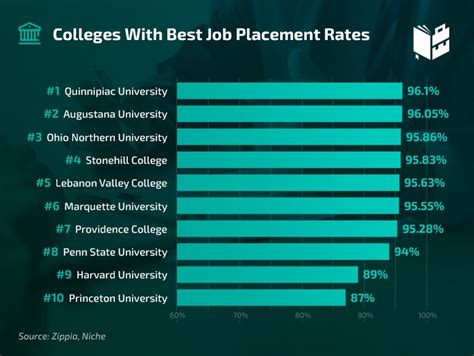
When researching different surgical tech programs, one of the most important factors to consider is the job placement and certification rates. As a student, the ultimate goal of completing a surgical tech program is to secure a job in the field. Therefore, it’s crucial to look for programs with a high job placement rate, indicating that graduates are finding employment after completing the program. Similarly, certification rates are important, as becoming a certified surgical technologist can greatly enhance job prospects and earning potential.
One way to determine the job placement and certification rates of a surgical tech program is to look at the program’s accreditation and statistics. Accreditation organizations often require programs to track and report on these rates, providing valuable insight for prospective students. Additionally, talking to current students and alumni of the program can offer firsthand perspective on the program’s success in preparing students for the workforce and helping them obtain certification.
It’s also important to consider the types of support and resources that the program offers to students preparing for job placement and certification. Does the program provide career services, resume assistance, or networking opportunities? These can all play a key role in helping graduates secure employment and obtain the necessary certifications. By comparing these factors across different surgical tech programs, students can make informed decisions about the best program for their career goals.
| Program | Job Placement Rate | Certification Rate |
|---|---|---|
| ABC Technical Institute | 85% | 90% |
| XYZ College of Surgical Technology | 70% | 80% |
| Southwest Surgical Training Center | 95% | 85% |
By comparing the job placement and certification rates of different surgical tech programs, students can make informed decisions about the best program for their career goals and future success in the field.

What are the most important factors to consider when comparing surgical tech programs?
Some of the most important factors to consider when comparing surgical tech programs include accreditation, curriculum, clinical experience opportunities, and job placement rates.
How important is accreditation when choosing a surgical tech program?
Accreditation is very important when choosing a surgical tech program as it ensures that the program meets certain quality standards and will be recognized by employers.
What should I look for in the curriculum of a surgical tech program?
Look for a curriculum that covers a wide range of surgical procedures, includes hands-on training, and incorporates the latest technology and best practices in the field.
Are clinical experience opportunities important when evaluating surgical tech programs?
Yes, clinical experience opportunities are crucial as they provide real-world experience and the chance to apply skills in a supervised setting.
How can I evaluate the job placement rates of different surgical tech programs?
You can evaluate job placement rates by researching alumni outcomes, asking the program for placement statistics, and seeking feedback from current students and graduates.
What role does the cost of the program play in choosing a surgical tech program?
Cost is an important factor to consider, but it should be weighed against the program’s quality, accreditation, and potential job opportunities for graduates.
What are some additional factors to consider when comparing surgical tech programs?
Other factors to consider include faculty qualifications, class size, support services, and the program’s overall reputation in the healthcare community.